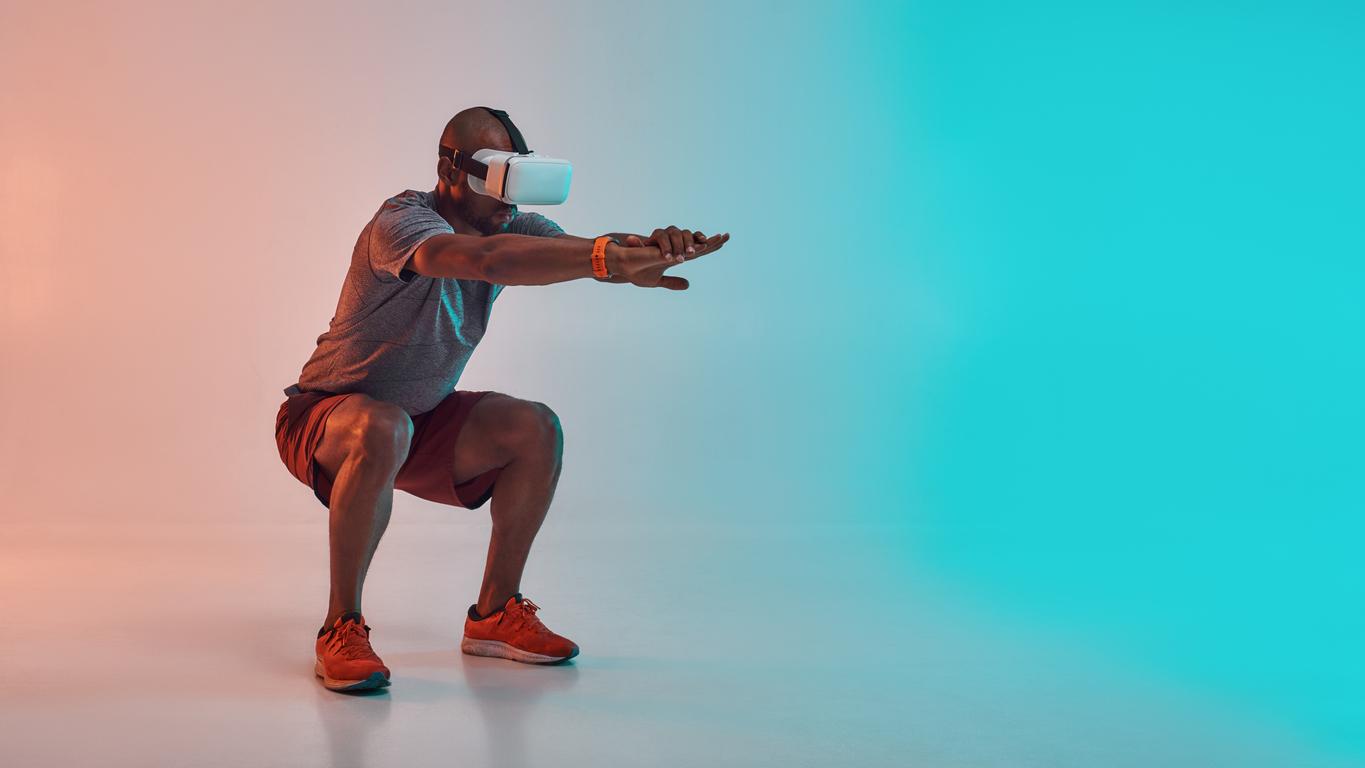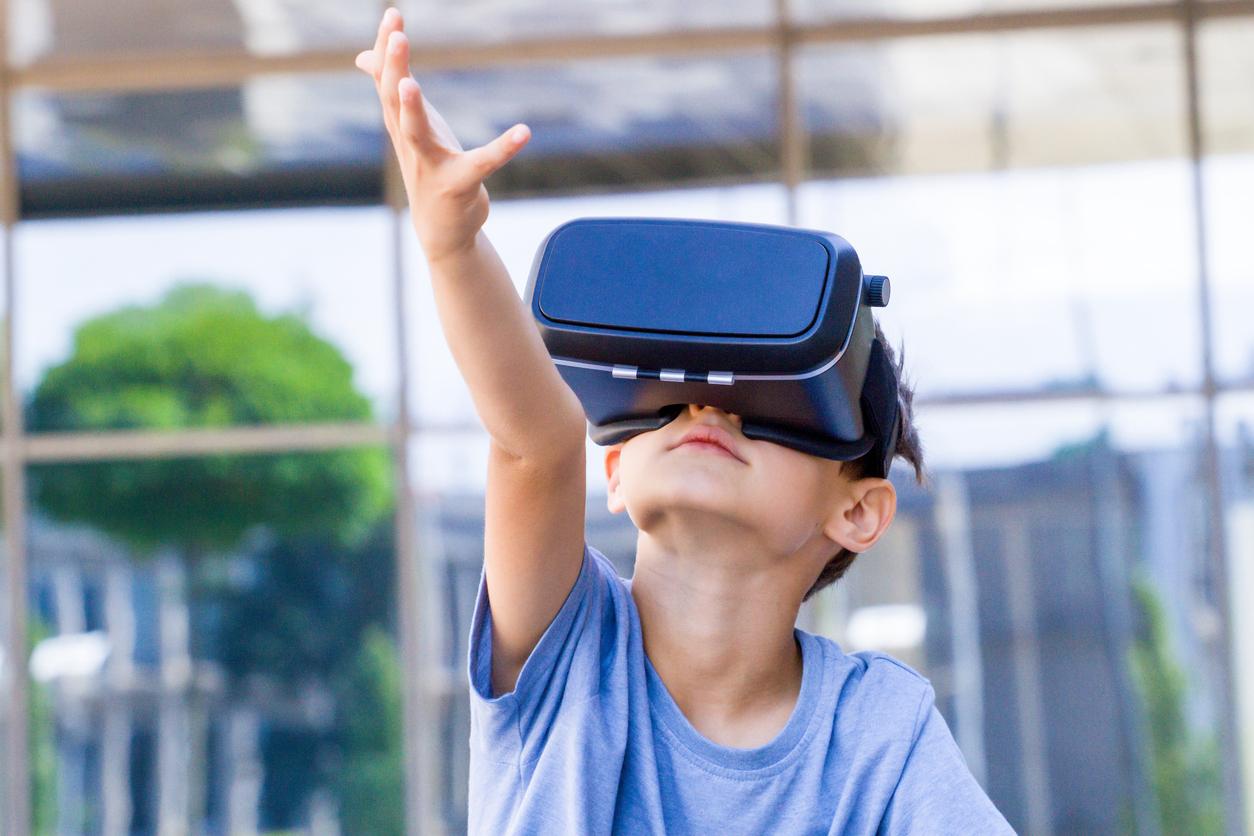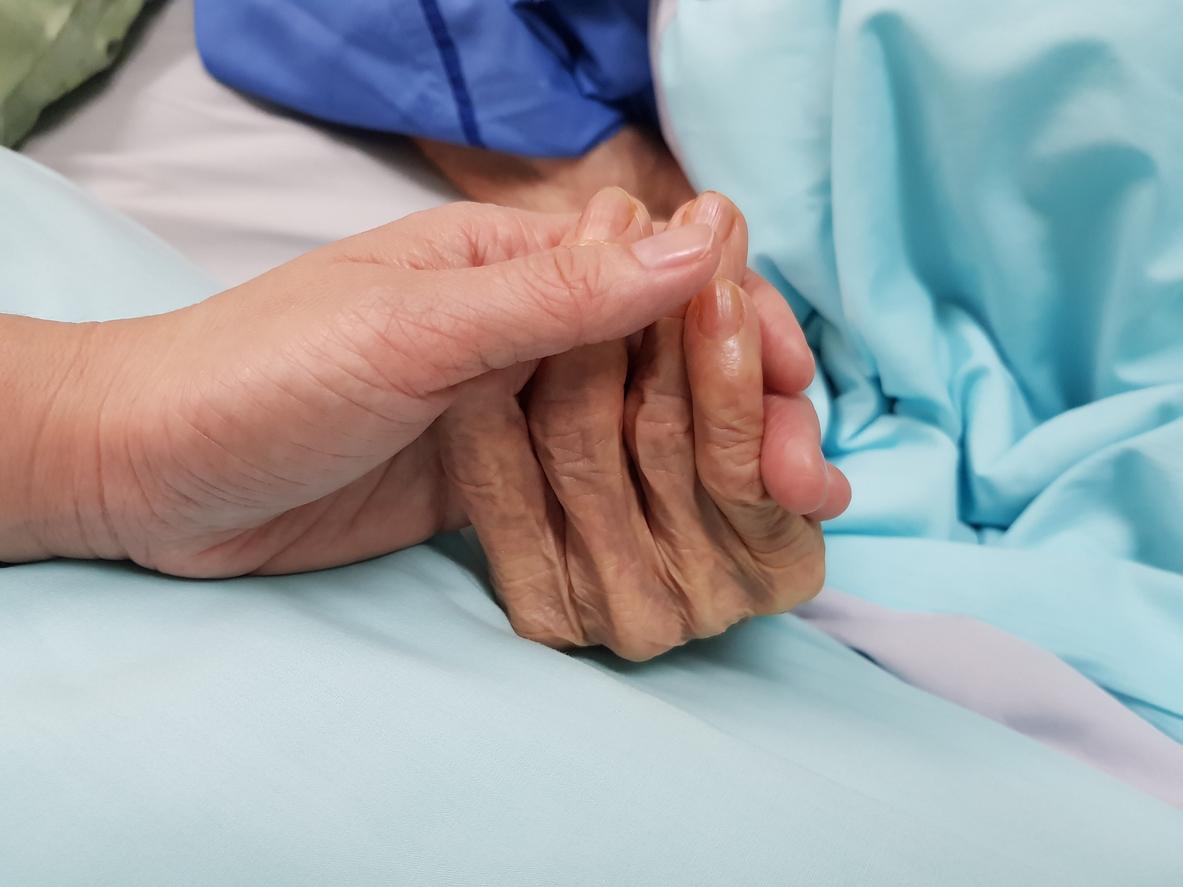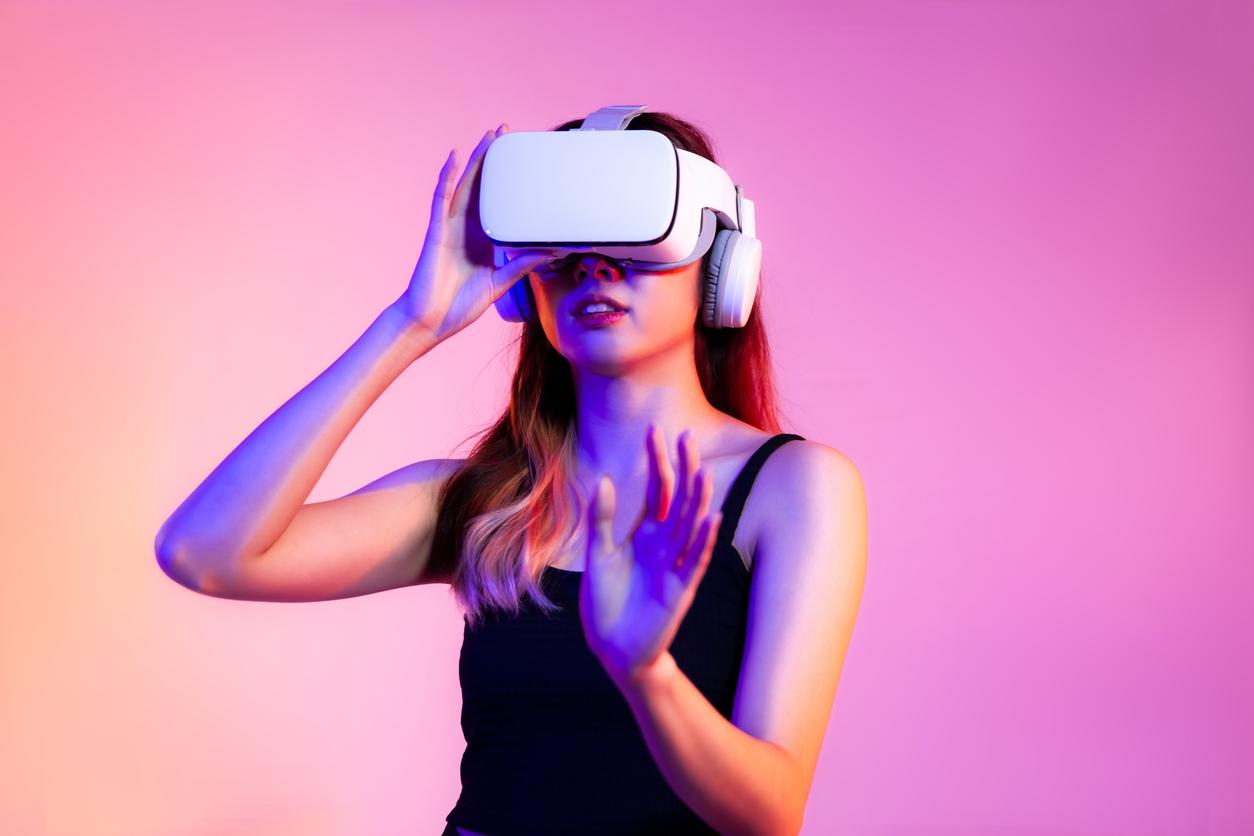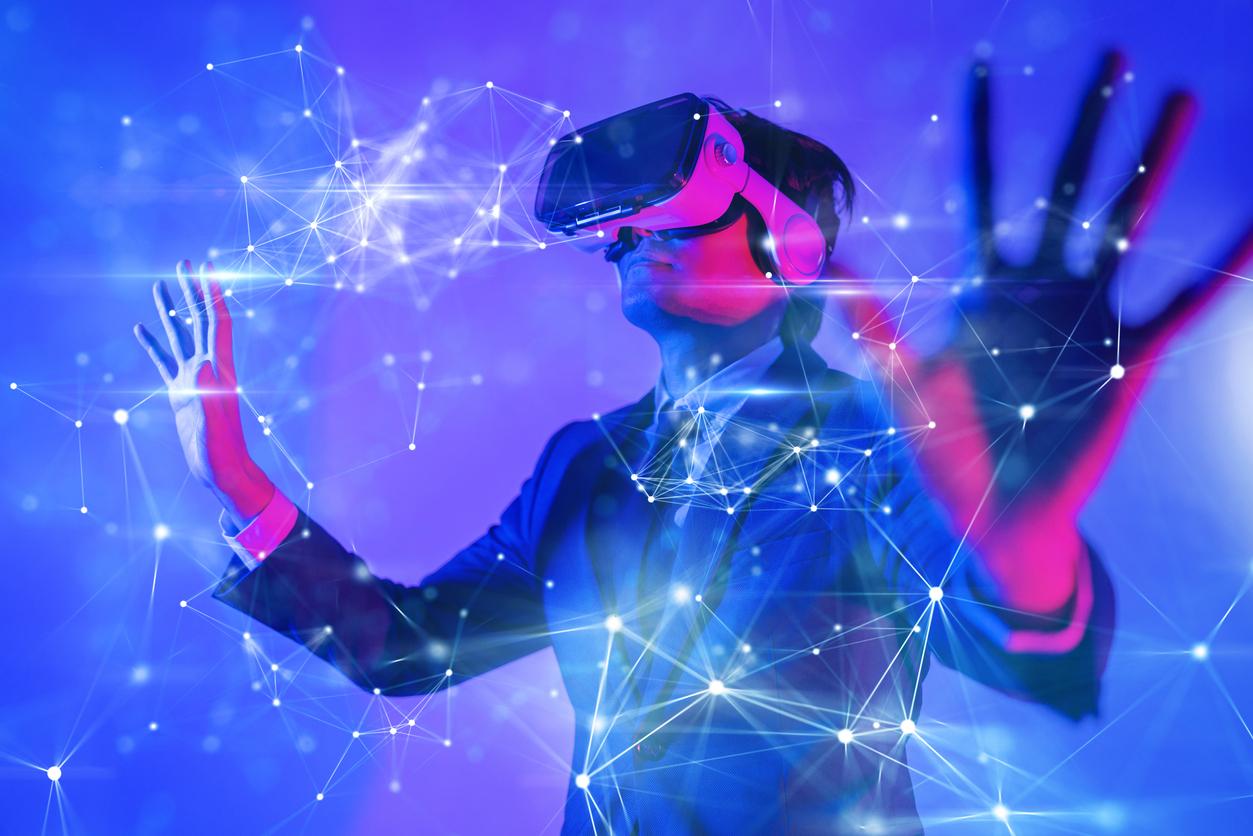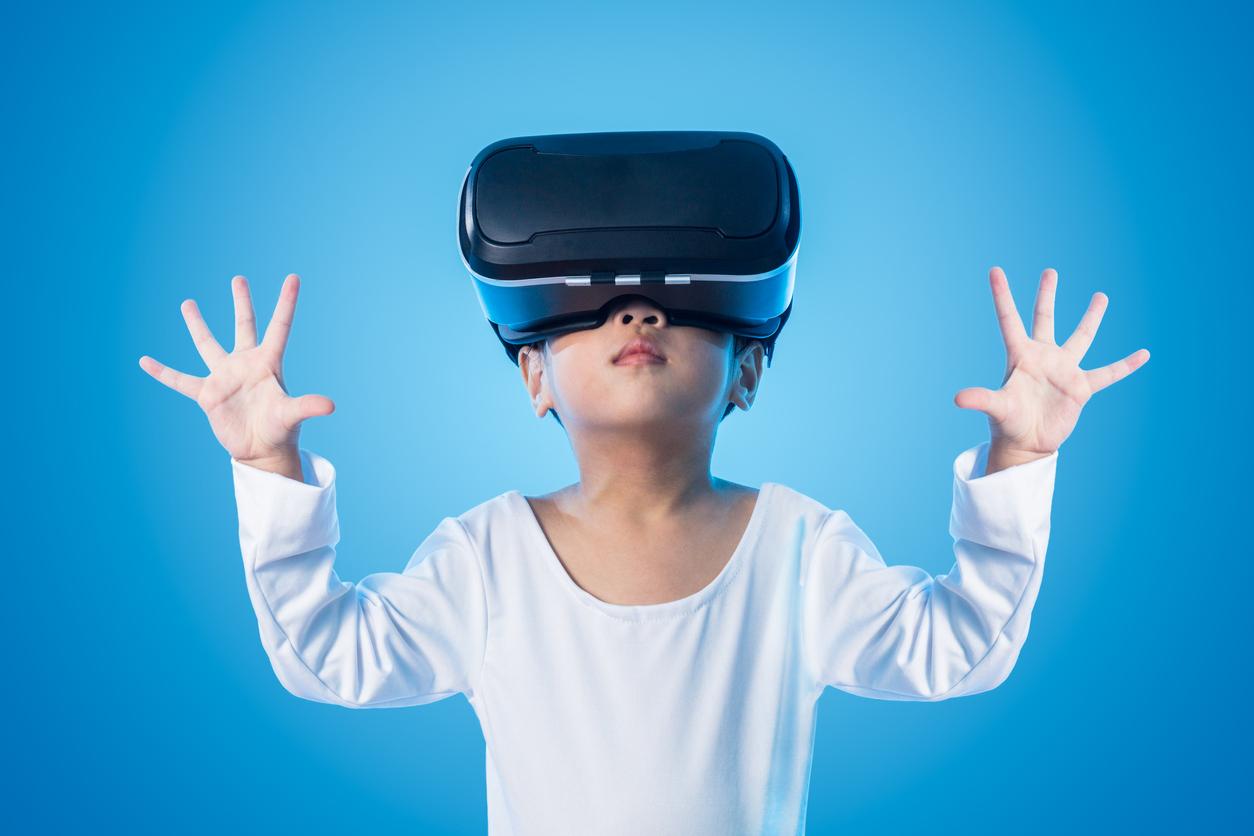While the number of addicts is increasing in France, the government recommends fighting against addictions through e-health. In some French municipalities, experiments are already underway.
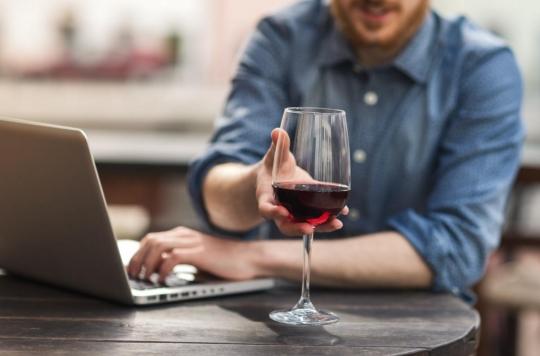
The number from French “addicted” is getting higher and higher. Thus, they are approximately 13 million to smoke daily, 5 million to drink alcohol every day, and 700,000 to be addicted to cannabis. But medical deserts are still increasing in France. How to fight against all these increasing addictions, if the number of doctors decreases?
The solution could be e-Health. Indeed, this Tuesday, May 14, a report named Addictions: the e-Health revolution was handed over to MILDECA, the Interministerial Mission for the Fight against Drugs and Addictive Behaviours. This emphasizes that e-health could improve prevention, diagnosis and addiction treatment. Indeed, e-health is already experimented in various forms in France, such as in Bordeaux or Villejuif, with good results.
80% of addicts cannot find a treatment
But what exactly do we mean by e-health? It would be a question of launching applications, or even using virtual reality to help patients deal with their addiction. Because, as the report points out, today there is a real lack in this area: “There is a gap between people who suffer from addictions and those who are actually treated. […] 80% of people who suffer from addictions do not find treatment when they need it“, explains Michel Reynaud, at the origin of this report, president of the Addiction Equity Fundat BFM-TV.
The reason for this lack of resources? According to the report, it is difficult for patients to dare to speak, hospital structures are insufficient, and “general practitioners are uncomfortable with this type of patient”, specifies the author of the report. To deal with this, the report indicates that the web can be the key: 88% of French people have access to the Internet. The smartphone should even be preferred, since 73% of French people had one in 2017.
Develop applications and community platforms
As already exists in other countries, the government therefore plans to develop community platforms (where visitors can exchange their experiences) and applications that help patients fight their addictions. For example, in England, the website of the charity Drinkaware was visited 10 million times in 2016 by unique visitors, 28% of whom completed the self-assessment questionnaire.
Corn other approaches exist to guarantee better follow-up: virtual reality is one of them. The Paul-Brousse hospital in Villejuif (Val-de-Marne) has been experimenting with it for three years. The principle ? The patient, thanks to the virtual reality mask, is projected for several minutes in a situation conducive to his addiction: a casino with slot machines for example, or a joint on a table, or even bottles of alcohol, as explained by the Parisian. This is to trigger the “craving” (that is to say the irrepressible desire to consume). Thus, the patient would learn better to manage it. We will see in a few years if the results are conclusive.

.







